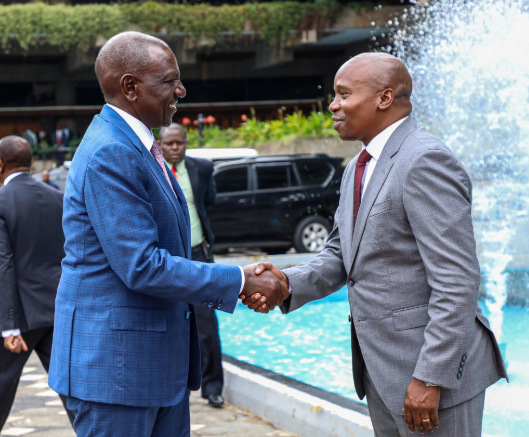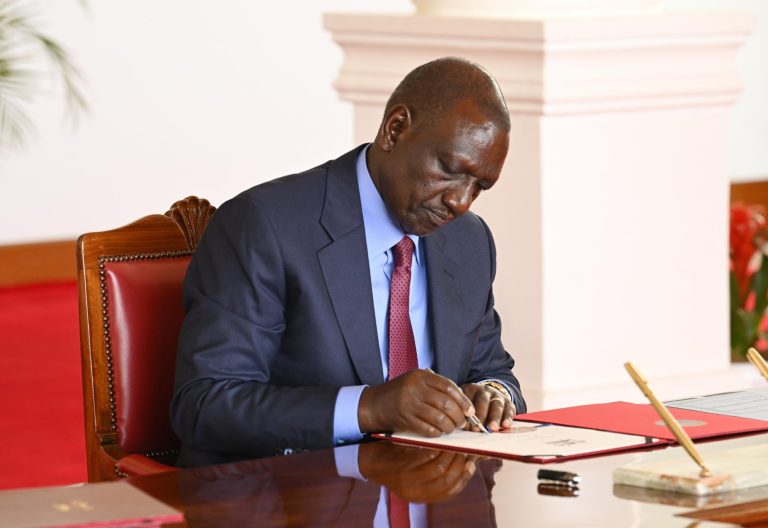Why we should mourn Kenya’s press freedom

This week marked the annual gathering of journalists, led by Unesco, to assess progress in the continuing quest for press freedom. There is a lot to mourn about in the Kenyan case.
A Pakistani journalist, not too long ago, lost his life while in Kenya. It is a pending story, and his family still pleads for justice. During the Azimio la Umoja rallies, security agents attacked journalists with abandon, and the government seems to see nothing wrong with that. The government has decided to keep journalists off the scene of the ongoing Shakahola investigations into the horrors of a Christian cult at the coast.
During the most recent Azimio protests, there was an eerie lack of live content of the day’s proceedings from the screens, whether by design or by a quiet behind-the-scenes arrangement with the powers that be.
What is clear is that some of the leading voluble government officials have not lost an opportunity to remind the media to behave responsibly and, in some cases, give direct warnings to the media. To mark the May 3 celebrations, the Interior Cabinet Secretary generously asked media houses to remunerate journalists better. But he would have been more helpful to journalists if he had guaranteed the protection of journalists and access to story scenes.
What is apparent is that Kenya’s freedom index deteriorated. Last year the country was ranked 67, while this year, the ranking declined to triple digits, a slide set to continue if there are no interventions.
The Permanent Secretary for Information, Communication Technology and Digital Economy reminded the media of the stories that media should not cover and how the media, unchecked, could lead the country into anarchy. The notion that the media could lead the country into anarchy fits within a well-rehearsed line that politicians have fallen back on from time to time and could be viewed as a tool for psychological intimidation.
What was missing at the World Press Freedom Day celebrations in Nairobi were clear strategies and reflections on steps the industry in Kenya could take to spearhead a better working environment for journalists.
What are the indicators of infringement on the freedom space in the country? Indeed, government behaviour ranks high. Could the government commit to at least leave journalists alone to work, or even better, provide them with protection and unfettered access to venues and information? These are constitutional guarantees. The government has overplayed its hand of monopoly. Government is the leading buyer of media space and, thus, the primary source of revenue for media in Kenya. How it plays this advantage is important for freedom of the press.
In his address, the PS, Prof Edward Kisiangani, was right in asking the media to stop its focus on the government as its primary source of revenue. Diversifying revenue sources is one step for the media in claiming freedom of expression space.
The discussions lacked clear strategies the media could apply to expand the freedom space. Instead, they focussed on reflecting on what already is, rear mirror conversations on what has gone wrong but not forward-thinking strategies on what could be done.
The industry should lead a petition to the Ministry of Interior and demand more civil police behaviour on beats. The Kenya Union of Journalists should spell out strategies for securing regular and appropriate pay for journalists. These bodies could critique the training curriculum and point out shortcomings where necessary and require adjustments. A demand should be made for zero rating of certain costs associated with the media that would bring down the cost of production.
—The writer is the Dean, School of Communication, Daystar University












